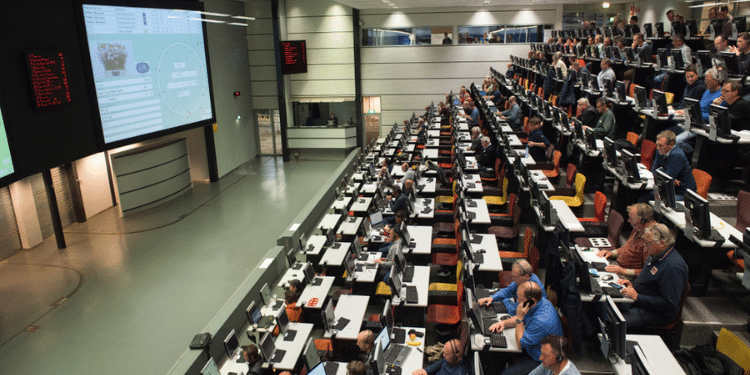Click here to become a member
The supply chain from flower-growing countries—which aso include Ethiopia and Ecuador—is a long one. This makes it difficult to prevent, or convenient to ignore, malpractices at local level by farm supervisors and contractors. In Kenya, for example, ‘Workers are given very high targets, which they are unable to meet despite working more than 12- or 14-hour shifts. Having failed to meet these targets, female workers are forced to finish the target the next day without pay or offer a bribe or sexual favours to a supervisor to retain their jobs.’
Half of these flowers get sold through auctions in the Netherlands. This means they fall outwith the protection of the European Union’s corporate sustainability due-diligence directive, in force since July, which caters to ‘established business relationships’.
Social audits of workplaces, if done without trust-building and engagement with workers, have meanwhile failed to expose erring companies. They end up being a tokenistic process—not designed to detect forced labour or understand everyday working conditions but only to register what was visible on the day and at the time of the visit.
Strict regulation
Strict regulation and monitoring of working hours can ensure that cases of farmers suffering from tendonitis, carpal-tunnel syndrome and other injuries are not repeated. The EU must also recognise the enhanced vulnerability of women on these farms—especially in the light of the International Labour Organization convention 190, which demands safe and dignified working conditions for women in the world of work. Maternity leave, sick leave, creches, conveyance support (to cover long journeys to the workplace) and insurance are all critical to the health and wellbeing of workers and their households—and indeed entire families are often engaged on the farms.
There is laxity around flower cultivation because it is not seen as akin to food but people still end up consuming the chemicals used to grow and preserve the crops. Business should not be done with farms that use pesticides, because ‘floriculture workers are constantly exposed to toxins in fertilizers and pesticides and preservatives used to extend the life of blooms. Also, these harmful substances contaminate water streams and soil, entering the food chain and causing significant harm to the local communities living close to floriculture greenhouses.’
Anti-Slavery International and the European Center for Constitutional and Human Rights made a set of recommendations around the import controls Europe could impose. These could be associated with ‘a particular site of production’, ‘a particular importer or company’ or ‘an entire industry’ in the case of forced labour, whether imposed by state or non-state actors. This would authorise customs to stop tainted products at the border.
In April, the European Parliament approved a regulation ‘to prohibit the sale, import, and export of goods made using forced labour’. To first identify this forced labour, however, long term collaborations will have to be developed with suppliers, where the relationship is not just about sale and purchase but includes non-negotiable terms on workers’ rights, backed by regular training, monitoring and site inspections.
Campaigns and consumers
More civil-society campaigns on responsible sourcing are needed, linked to raising awareness among consumers in Europe. This can reduce, for example, demand for flowers requiring heavy irrigation, which otherwise leads to water scarcity in the region of origin.
One excuse for the poor wages paid to workers on flower farms is that higher pay would deter customers. Yet a survey of grocery retail by McKinsey revealed: ‘Around 60 percent of … consumers would be willing to pay more for products when employee safety and no child labor are guaranteed.’ And flowers are non-essential goods, which their pricing can reflect.
Through financial incentives and subsidies, governments can meanwhile reward companies that are serious about ethical sourcing. Indeed, McKinsey has also found that companies more compliant with ‘environmental, social and governance’ regulation fare better in stock valuation and access to finance. Moreover, by paying a living wage a company can reduce worker turnover by 30 per cent.
The general public and civil society can create pressure on governments in their respective European countries to make the global flower trade less lopsided—and fairer to cultivators in the majority world.
This is a joint publication by Social Europe and IPS-Journal
Ankita Anand is an independent journalist, an editor with Unbias the News and co-founder of The Gender Beat, a collective working to raise the profile of gender journalism all over the world.
Source link : http://www.bing.com/news/apiclick.aspx?ref=FexRss&aid=&tid=66fa1ad0f8ec403daf487864612ebb36&url=https%3A%2F%2Fwww.socialeurope.eu%2Fthe-canker-among-europes-roses&c=16040754334704249816&mkt=de-de
Author :
Publish date : 2024-09-29 17:00:00
Copyright for syndicated content belongs to the linked Source.



